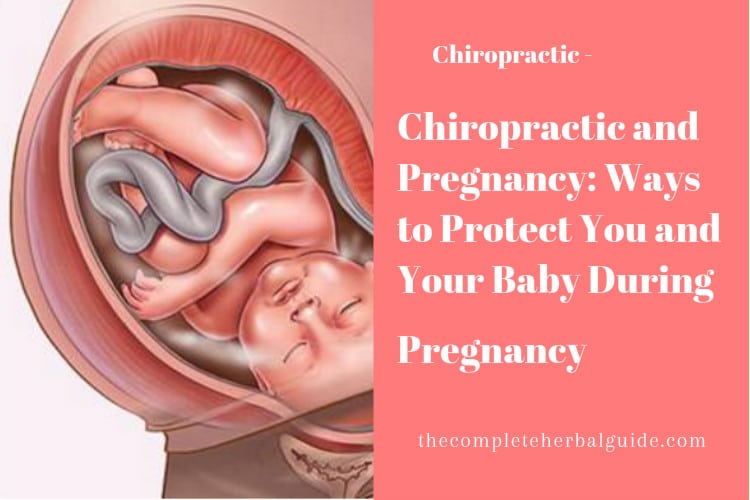
Acupuncture Soothes Allergies and Sinus
Acupuncture relieves sinus problems due to allergies. Research published in the American Journal of Rhinology & Allergy incorporates a meta-analysis of high-quality allergy related studies comparing groups receiving acupuncture versus control groups. The researchers documented that acupuncture “produced a significantly greater diminution of nasal symptoms” in the acupuncture group. They add, “Our meta-analysis showed that (the) acupuncture group has a superior effect(s) in the reduction of both rhinitis symptoms and the requirement for antiallergic medication compared with (the) control group.”
The research team notes that allergic rhinitis is a nasal hypersensitivity reaction to allergens. Common triggers include irritants such as dust mites, animal dander, and pollens. Reactions include nasal congestion, rhinorrhea (“a runny nose”), sneezing, and pruritus (severe itching). Allergic rhinitis affects approximately 1.4 billion people with increasing numbers. Medications used to combat allergic rhinitis include antihistamines, corticosteroids, mast cell stabilizers, anticholinergics, and anti-leukotrienes.
Table of Contents
Biomedicine And Acupuncture
The researchers note potential biological mechanisms making acupuncture effective for the treatment of allergic rhinitis. One mechanism is the ability of acupuncture to modulate cytokines, which are immune system cell secretions, and another is the ability of acupuncture to induce anti-inflammatory actions. The researchers identified changes in IgE as a result of acupuncture treatment for the treatment of allergic rhinitis. IgE is a class of immunoglobulins including antibodies that react to pollen, spores, animal dander and other substances. IgE levels often rise significantly during allergic reactions.
The researchers note, “Our meta-analysis of serum IgE levels in three included trials showed a significant decrease of IgE for the acupuncture group compared with the control group. This result showed strong and consistent evidence that acupuncture treatment leads to favorable responses in immunologic outcomes, which have Page 1 of 4 been shown to be helpful in trials of proven therapeutic modalities, such as allergen-specific immunotherapy.”
Quality Of Research
This groundbreaking research distinguishes itself from prior investigations by including the “latest multicenter, randomized, parallel-controlled trials.” Stringent inclusion criteria included:
- Randomized controlled trials
- Diagnosis of allergic rhinitis
- Acupuncture compared with sham acupuncture or other control
A total of 174 abstracts were considered for inclusion but this was narrowed down to a limited number of trials meeting the inclusion criteria. All included trials reported on nasal symptoms, medication relief, quality of life, total IgE, or safety. A total of 2,365 participants made it to the final adoption in the research. This included 1,126 patients in the acupuncture treatment group and 1,239 in the control group. The researchers conclude that acupuncture for the treatment of allergic rhinitis is indicated as a safe and effective modality of care in this meta-analysis. As a result, the researchers encourage continued research on this topic including future randomized-controlled trials to confirm the meta-analysis.
Acupuncture Or Drugs?
Acupuncture has been found equally effective as loratadine (Claritin®, Alavert®) for the treatment of dust mite allergies. Researchers from the Clinic of Otorhinolaryngology at the University Hospital Dresden (Germany) conclude that acupuncture is effective for the treatment of allergy-related rhinitis and rhinoconjunctivitis. The researchers document that acupuncture relieves symptoms of rhinitis including nasal congestion, runny nose, post-nasal drip, and sneezing.
An acupuncture treatment group was compared with a medication group receiving loratadine, an antihistamine. A total of 87% of acupuncture study group patients and 67% of loratadine study group patients showed improvements by the end of therapy. A ten-week follow-up after completion of therapy documents that 80% of acupuncture study group patients and 0% of loratadine study group patients demonstrated lasting improvement.
The researchers note, “Both in the acupuncture and the loratadine group a significant improvement was gained under therapy. In the ten-week period following the therapy, a significant deterioration which led to the recurrence of the allergic symptoms was shown in the loratadine group, while the significant improvement of the symptoms persisted in the acupuncture group.”






